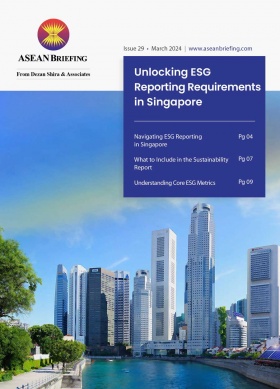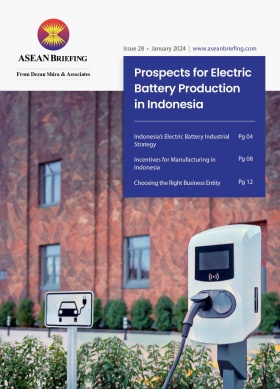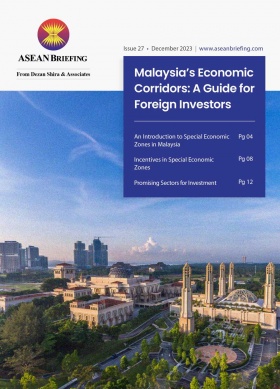Thailand Contemplates Protective Tariffs on Chinese Imports Amidst Surging Trade Deficit
The Thai government is considering imposing a seven percent value-added tax on Chinese goods priced less than 1,500 baht (US$40) that are routed through Thailand’s free trade zones to protect local businesses being impacted by the flood of cheap imports. Currently, goods not exceeding the 1,500 baht value are exempted from duties and VAT.
As such, the government is aiming to curb the influx of low-cost, low-quality products and protect small and medium enterprises that are vital to Thailand’s economy.
The Federation of Thai Industries has claimed that Chinese imports have caused local manufacturers to reduce production by some 50 percent. Further, according to the Bank of Thailand, imported consumer goods accounted for 24 percent of total imported goods for the first quarter of 2023. Of this, 9.1 percent came from China.
The status quo: Thailand-China relations
Imposing tariffs on Chinese imports could have implications on bilateral relations, especially since China is Thailand’s largest trade partner. Bilateral trade reached US$135 billion in 2023 and Chinese investment and technology transfer have been beneficial for Thailand’s industrial development, particularly in supporting the country’s ambition to transform into a regional EV hub. Direct investment from Chinese firms was valued at $4.6 billion in 2023. Further, Thailand heavily relies on Chinese tourism dollars which made up the country’s largest group of tourists before the pandemic, accounting for approximately a quarter of the 40 million arrivals in 2019.
Protecting SMEs vital for Thailand’s economy
For Thailand, protecting its SMEs and boosting their economic value will be vital for the country’s GDP growth. SMEs contribute approximately 35.2 percent of Thailand’s GDP, account for 99 percent of all businesses, and employ 70 percent of the country’s workforce – thus demonstrating their significant economic impact and underscoring their importance in driving overall economic growth and development in the country. The government is aiming to increase the economic contribution of SMEs to 40 percent of GDP by 2027.
However, despite their contribution, their participation in global value chains and international trade remains limited. Thai SMEs face significant barriers to growth, such as access to financing, as well as business management capabilities needed to expand.
One pathway the government has initiated is through the LiVE exchange (LiVEx) in 2021, a new bourse that acts as an alternative fund-raising channel for Thai startups and SMEs.
Transforming Thailand into a foreign investment hub
Thailand is one of the three top export bases in ASEAN for motor vehicles, parts and accessories, agricultural products, and chemical products, among others. Yet, despite its strong manufacturing base, the country presents ample opportunities for foreign investors, particularly in sectors that engage in higher-value industries.
Thailand has already undertaken key reforms aimed at attracting foreign investment through the single window system for business registration and the payment of taxes.
As the second-largest economy in the region behind Indonesia, Thailand presents ample investment opportunities for foreign businesses. The country has experienced growing domestic consumption over the decades coupled with robust export-oriented manufacturing, resulting in the country gaining the status of an upper-middle-income nation in 2011.
Despite the shift from an agrarian to an industrial economy, the bulk of the workforce remains in low-scale and low-productivity activities. Failure to upgrade to higher-value industries and improve competitiveness in services may constrain Thailand’s long-term growth potential.
About Us
ASEAN Briefing is produced by Dezan Shira & Associates. The firm assists foreign investors throughout Asia and maintains offices throughout ASEAN, including in Singapore, Hanoi, Ho Chi Minh City, and Da Nang in Vietnam, in addition to Jakarta, in Indonesia. We also have partner firms in Malaysia, the Philippines, and Thailand as well as our practices in China and India. Please contact us at asean@dezshira.com or visit our website at www.dezshira.com.
- Previous Article Navigating Lao E-Commerce: Understanding the Latest Tax Regulations
- Next Article Understanding Personal Data Protection in Singapore







